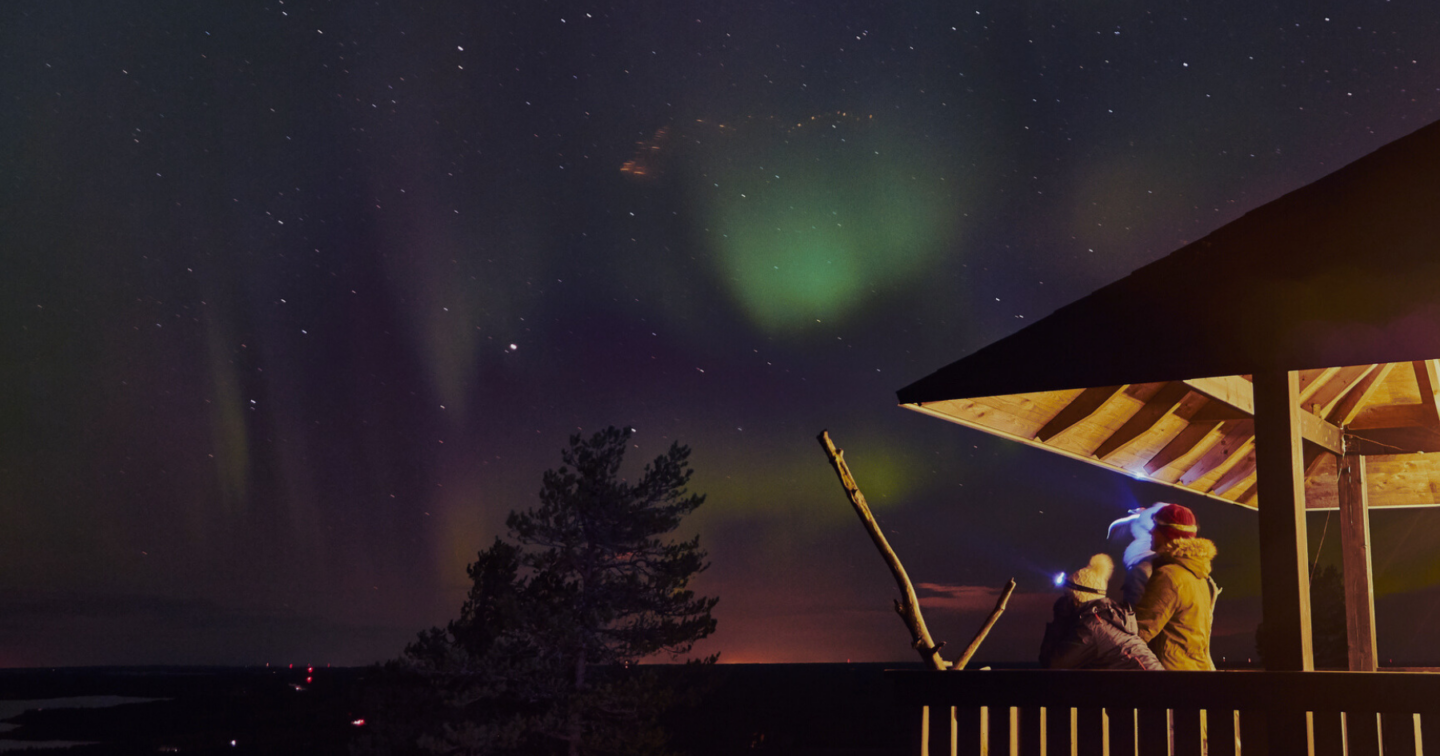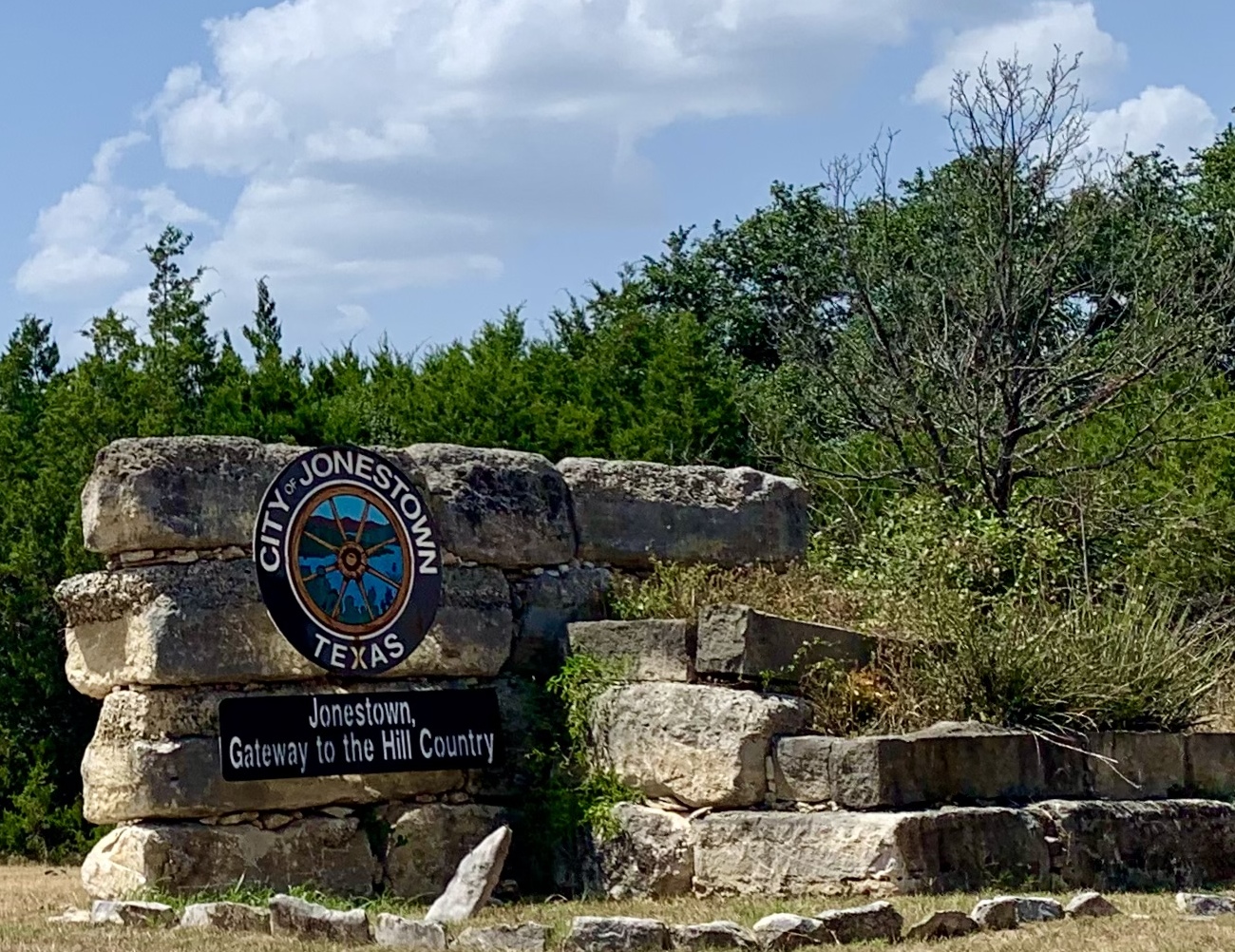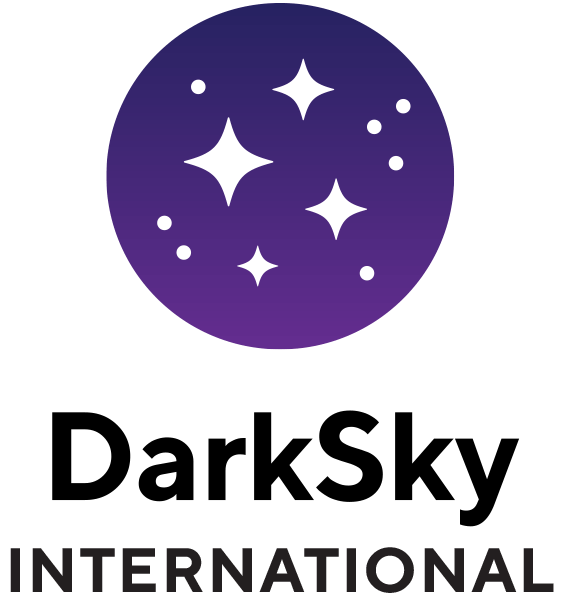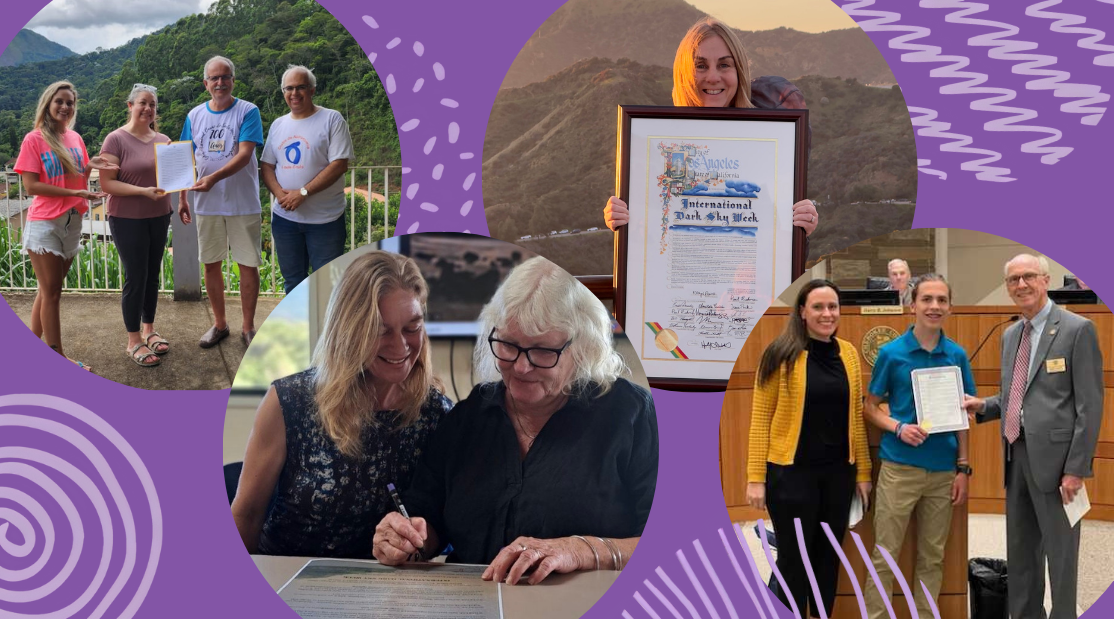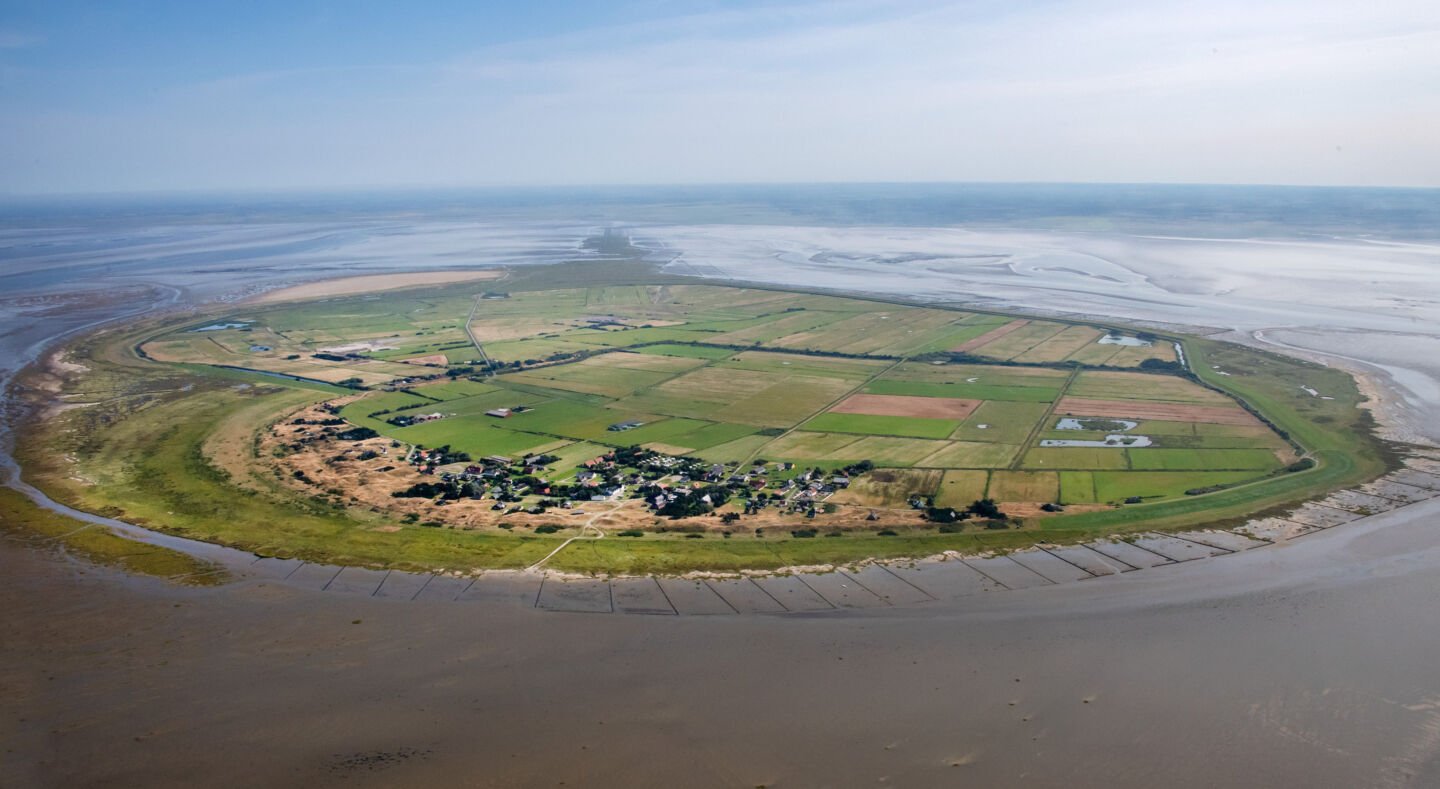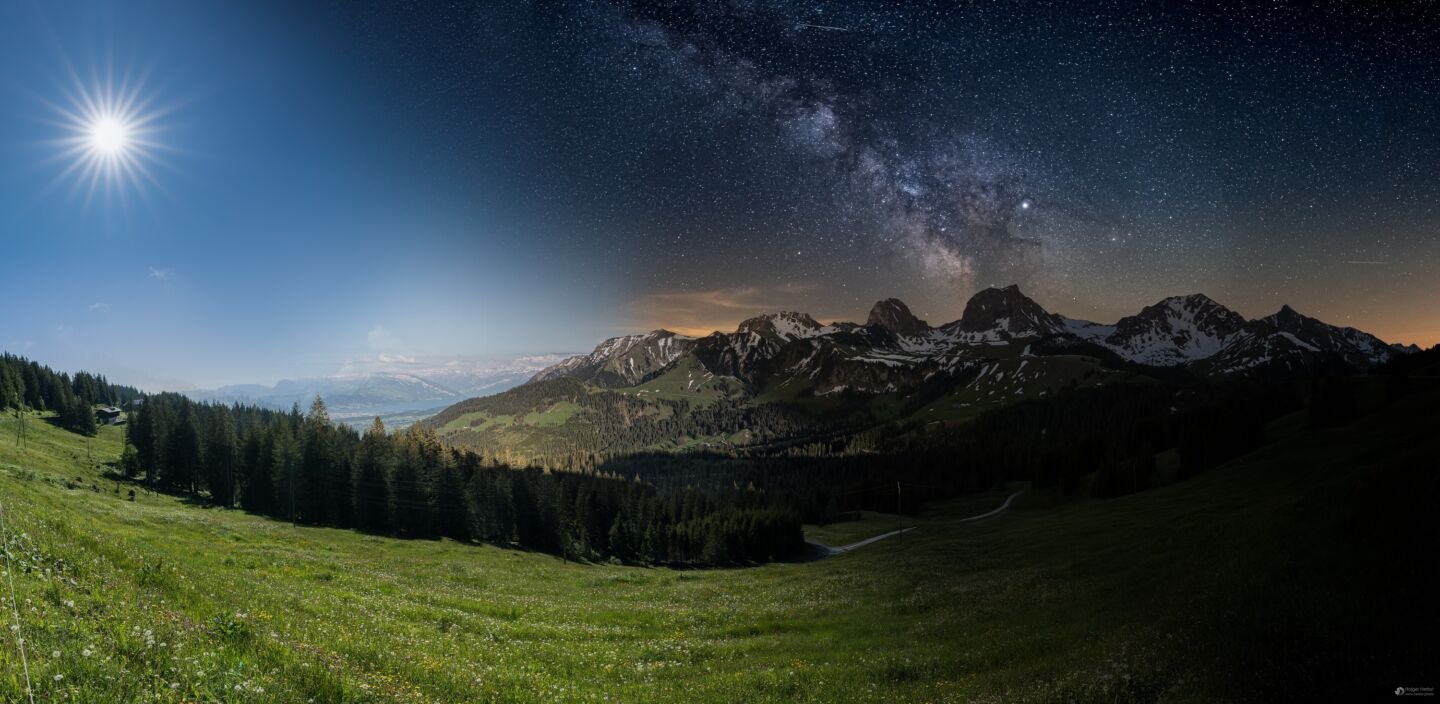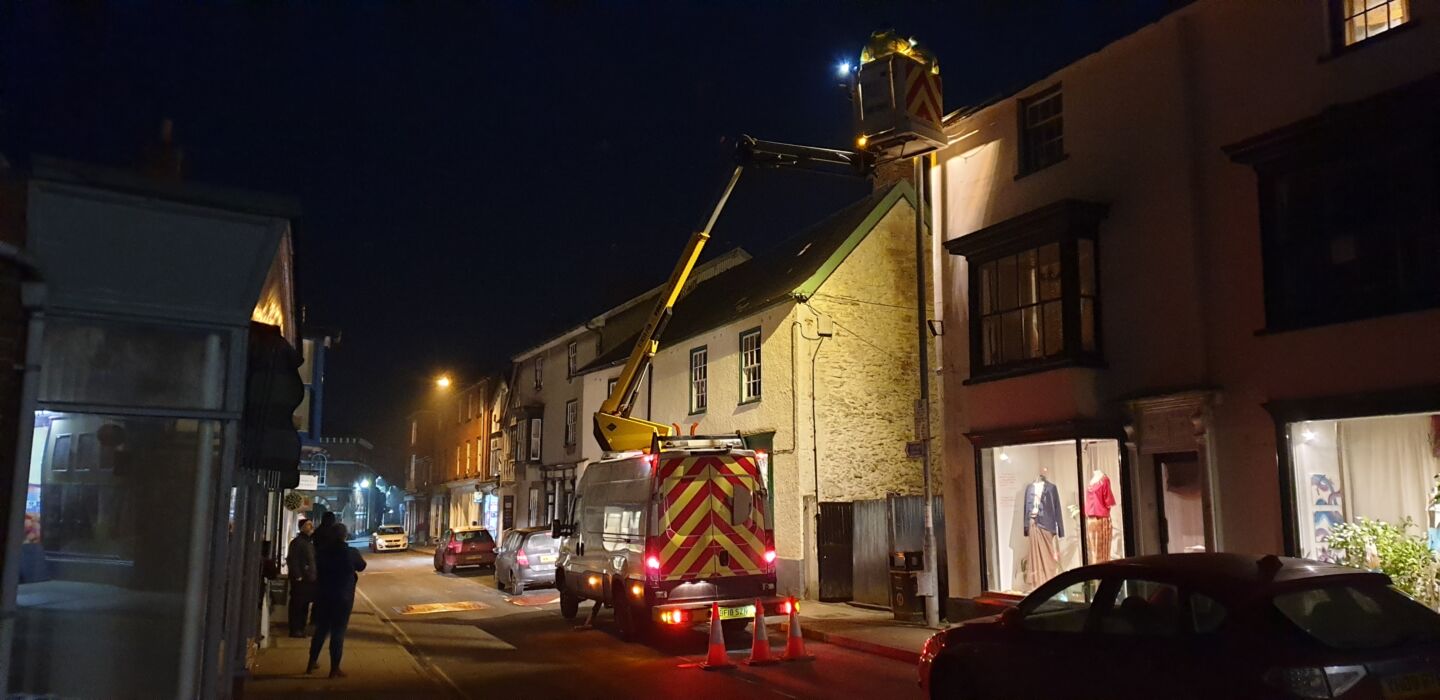
Beaver Island State Wildlife Research Area certified as Michigan’s first International Dark Sky Sanctuary
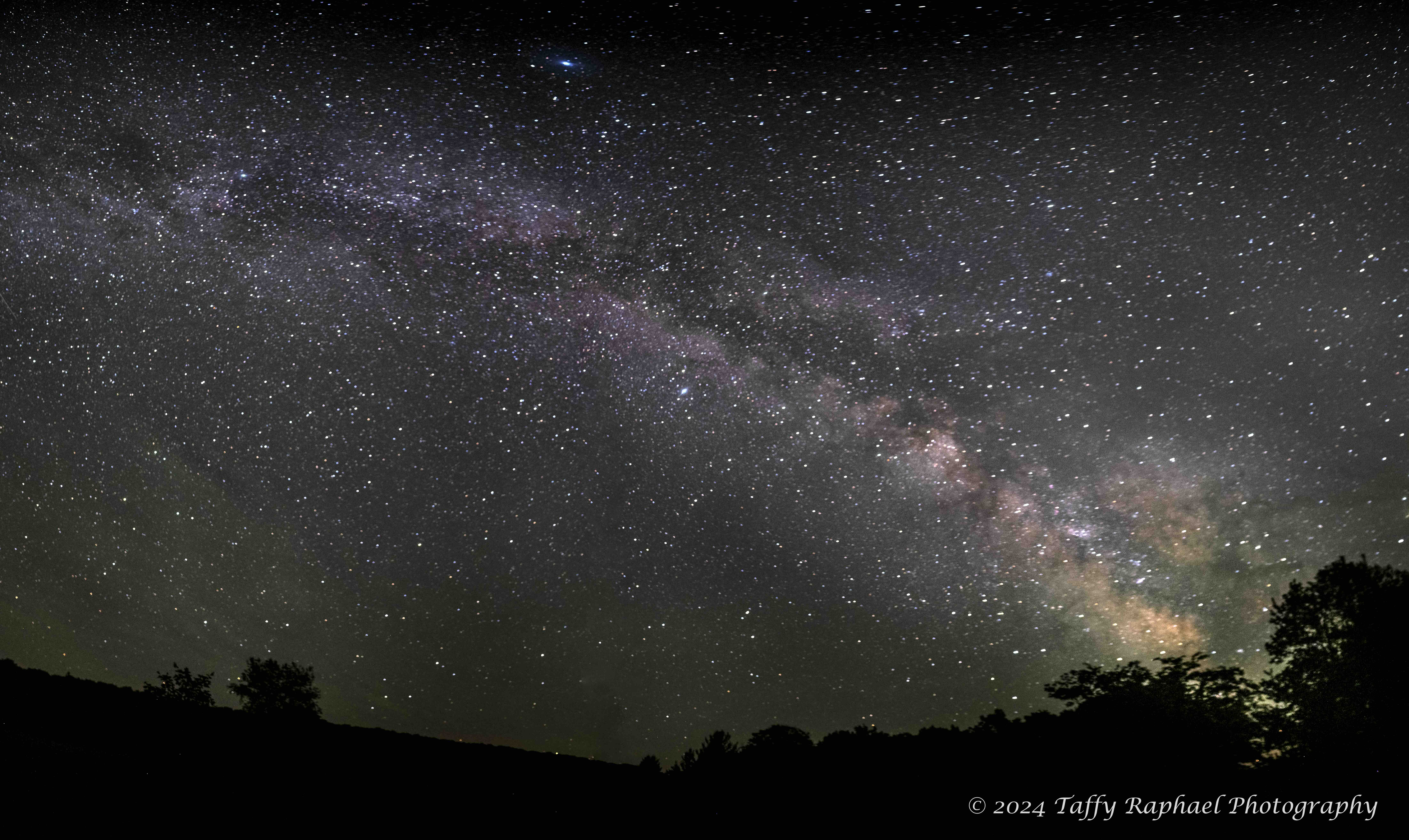
Beaver Island, Michigan
DarkSky International has formally recognized the Michigan State Wildlife Research Area on Beaver Island as an International Dark Sky Sanctuary. It will be known as the Beaver Island State Wildlife Research Area International Dark Sky Sanctuary (the “Sanctuary”). It’s an important achievement as it is Michigan’s first certified International Dark Sky Sanctuary, and the sanctuary is recognized within the core area of the UNESCO Obtawaing Biosphere.
About the Beaver Island State Wildlife Research Area International Dark Sky Sanctuary:
The Beaver Island State Wildlife Research Area International Dark Sky Sanctuary contains 9,425.5 acres. It comprises 9,195.5 acres of the State Wildlife Research Area, owned and managed by the Michigan Department of Natural Resources and protected by State Laws, and 230 acres of land at Miller’s Marsh, owned by Central Michigan University and kept protected as a Biological Research Area.
Beaver Island is geographically isolated and accessible only by ferry or plane in good weather. The isolated circumstances of the island attract residents and visitors who are generally intent on preserving and enjoying its multiple natural resources. The island hosts a broad variety of ecosystems representative of those found in the Great Lakes areas and, as a result, a large portion of land is reserved for research purposes. The community recognizes that Beaver Island is a fragile ecosystem demanding constant vigilance in protection measures against invasive species, erosion, and now at the top of the list, harmful light pollution that could damage our wild and human life.
As defined by DarkSky International, a dark sky sanctuary consists of public or private land possessing an exceptional or distinguished quality of starry nights and nocturnal environment and that is specifically protected for its scientific, natural, or educational value, its cultural heritage, and/or public enjoyment The Sanctuary features an unimpeded deep and dark night sky along with many other unique features due to location and conservation efforts. Night sky quality is illustrated and documented with broad spectrum night sky photography, with SQM readings routinely darker than 21.6 magnitudes per square arcsecond in the visual band.
When observing Beaver Island’s dark sky landscape, viewers are gifted with deep and vast views of constellations, galaxies, nebulae, and the Milky Way, and with the phases of the moon and the cycles of the planets, the Island provides excellent views of meteor showers, Northern Lights, the occasional comet, and rare Zodiacal light.
The designation as a Dark Sky Sanctuary comes after several years of organizing and work by members of the island’s Dark Sky Task Force, which was organized by the Beaver Island Chamber and the Beaver Island Association. They worked in cooperation with Peaine and St. James Townships, the Michigan DNR, Central Michigan University, and others to complete the Sanctuary application.
“This certification demonstrates a significant commitment by the Beaver Island community, community officials, advocates, and resource managers to recognize and share the value and importance of natural night skies. Through education and advocacy, these efforts protect the natural and cultural setting of the island against the threat of increased growth. It is a testament to our collective dedication to conservation and sustainable tourism, ensuring that the wonders of the night sky remain unspoiled for present and future generations. I am excited to continue our work towards growing the certification area to include the full island in the future,” remarked Amber Harrison, Dark Sky Places Program Manager.
Chamber President Paul Cole says the recognition is important because it helps raise awareness about the valuable resource of the island’s dark skies. “Increasingly we see that visitors come here to enjoy our uniquely dark skies. Designation of the DNR’s research area as a Dark Sky Sanctuary will help us protect that resource.” Pam Grassmick, a member of the Task Force and who has also developed birding programs for the island, noted the environmental importance of dark skies. “The dark is important for birds and other animals that inhabit or migrate through the island. It’s also important for humans, and not just because it is nice to see the stars at night. It’s important for our health as well,” she added.
“The Dark Sky Sanctuary certification for Beaver Island is not just an accolade; it’s a commitment to preserving the natural beauty and nocturnal environment of our island,” said the Peaine Township Supervisor Maria Dal Pra. “This recognition highlights the pristine condition of our night skies and underlines the importance of protecting our natural habitats and natural heritage for future generations. It also serves as a crucial step in safeguarding both residents and tourists alike from the negative impacts of light pollution, ensuring that the celestial spectacle remains unspoiled for all to enjoy. It’s a testament to the community’s dedication to conservation and sustainable tourism.”
Kevin Boyle, a member of the Task Force and Vice President of the Beaver Island Association, says he is especially excited about it. “Combining the wilderness designation the state has made for this special place on our island with recognition of it as a Dark Sky Sanctuary will help us protect this important resource,” he said. “We plan to add to the astronomy programs we already have with additional presentations at the BIC Center and occasional displays at our museum. We also plan to ensure visitors to the island know how to enjoy the dark skies of the sanctuary without disturbing its protected nature. Eventually, we hope to expand the sanctuary’s boundaries to include the entire archipelago.”
About the International Dark Sky Places Program
Founded in 2001, the International Dark Sky Places Program is a non-regulatory and voluntary program encouraging communities, parks, and protected areas worldwide to preserve and protect dark sites through effective lighting policies, environmentally responsible outdoor lighting, and public education. When used indiscriminately, artificial light can disrupt ecosystems, impact human health, waste money and energy, contribute to climate change, and block our view and connection to the universe. Beaver Island now joins more than 210 Places that have demonstrated robust community support for dark sky advocacy and strive to protect the night from light pollution. Learn more by visiting www.darksky.org/conservation/idsp.
About DarkSky International
The mission of DarkSky is to preserve and protect the nighttime environment and our heritage of dark skies through environmentally responsible outdoor lighting. Learn more at darksky.org
About the Beaver Island Association:
The Beaver Island Association (BIA) represents the combined interests of our membership on issues that affect the fundamental character and beauty of Beaver Island. Working with other island organizations, local government and mainland interests, we strive to support both environmental and economic sustainability on our island home. You can learn more about the BIA and our work at beaverislandassociation.org.
Contacts:
Cynthia Hector Johnson
[email protected]
+1 (231) 350-8792
William Markey
BISWRA IDSS Events
[email protected]
Amber Harrison
Dark Sky Places Program Manager, DarkSky International
+1 (520) 347-6363
[email protected]







